Rejection seems to be a huge part of a starry-eyed graduate’s life.
The sooner we accept this fact, along with all our student debt, the better. Prior to graduation, you might have experienced rejection applying to university, a part-time job, or asking someone out. Without undermining these disappointments, I think there’s something unique about graduate rejection. It’s the anticipation. You’ve worked at your degree for three years, you sat at school for a decade before that. It’s all been leading up to this very moment. The start of your real adult life. You have your 2.1 (maybe a golden ticket First) – the world is yours for the taking. You fire off cover-letters left, right and centre. You’re hopeful. You wait, and wait, and wait…
‘The managers have completed their short-listing process and I regret to inform you that on this occasion you have not been selected to attend an interview.’
If I’m completely honest, prior to these past few months, I haven’t been rejected that often. I’m not boasting. I haven’t really put myself out there enough. So when the dream I’d been living and breathing since school came crashing down in February, I took it pretty hard. There’s a prestigious university I’ve always wanted to study at. I didn’t apply at A-level because my grades weren’t up to scratch. But as an undergraduate, I’d upped my game (I found out this week that I’m set to graduate with a 78% average). Whenever I dragged myself to the library at 9pm, to put in a few hours on my latest essay, my motivation was getting onto that dream Masters. So when I got rejected for, in hindsight, a pretty weak research proposal, I lost all motivation. The timing was awful. I was mid-dissertation. I had a 4,000 word essay due next week.

Since then, I’ve boosted my grades again. I somehow pulled off 83% on my dissertation and an 88% on that very essay. I’ve also decided a Masters might not be for me. My initial backup plan was publishing. I sent off at least a dozen applications for assistant jobs and internships. One by one, I was rejected. I’d been so set on continuing with academia, that I didn’t have any of the publishing experience necessary to even make it to an interview. Coming to terms with this, assessing my strengths and weaknesses, my current idea is digital marketing. I have some relevant experience. This blog itself reflects my interest in social media and content production. You know what, I think I’d be good at marketing. It feels assuring to at least have something resembling a plan. Or maybe I’ll reapply for that Masters… I’m staying open-minded.
What have I learnt from all this? Well I’ve gotten better at writing cover-letters for one thing. But I’ve also learnt that it’s okay to feel dejected, disappointed, even angry following rejection – for a little while that is. It just means that you cared. It means that you worked hard for something you wanted. Feeling and doing the same might well pay off next time. It’s even okay to mope around and feel like you deserved for things to have worked out. You might well have deserved that promotion or that position. But the problem is other people probably did too. The key thing to accept is that the universe doesn’t owe you a job or a First class degree or even a girlfriend.
An air of entitlement will get you nowhere.
Rejection isn’t inherently a bad thing. Sure, you might miss out on some great opportunities, but it can help you duck lousy ones too. It can inspire (okay, maybe force) a change of direction or a new approach you might never have otherwise considered. From recent experience, getting rejected is also a whole lot easier when you have other options on the table too. I’m not necessarily suggesting that you ask out each and every girl in your seminar class, but, providing they don’t all find out, you’ve increased your odds.
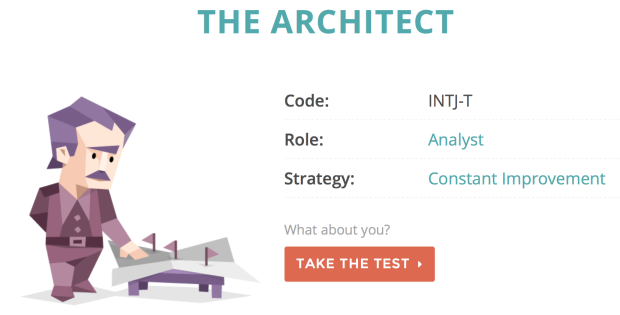

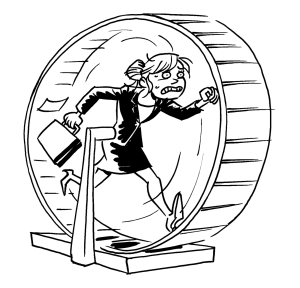
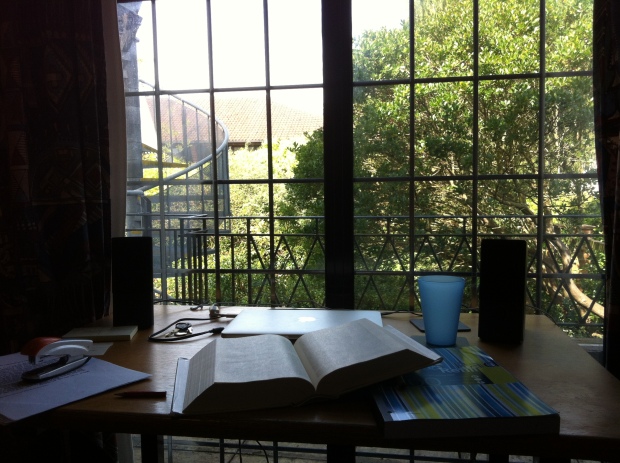
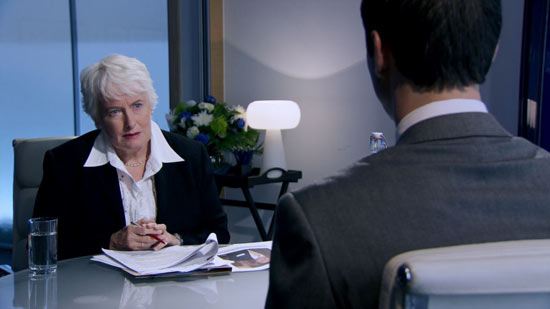

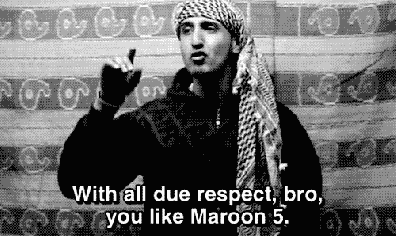

 I couldn’t possibly finish this without mentioning some of the other volunteers I’ve met. I find few thoughts more inspiring than the fact that an army of volunteers – mostly pensioners – are battling cancer, and countless other diseases, in charity shops around the world, one cup of tea at a time. I’ll definitely be volunteering again in the future.
I couldn’t possibly finish this without mentioning some of the other volunteers I’ve met. I find few thoughts more inspiring than the fact that an army of volunteers – mostly pensioners – are battling cancer, and countless other diseases, in charity shops around the world, one cup of tea at a time. I’ll definitely be volunteering again in the future.